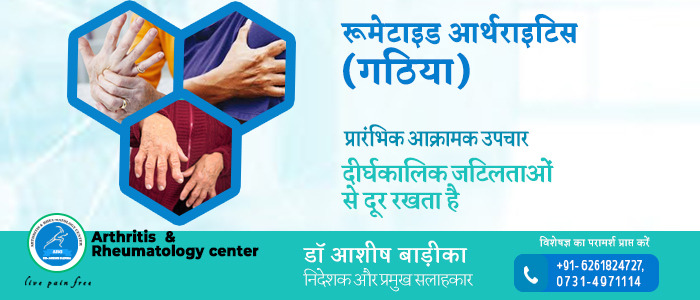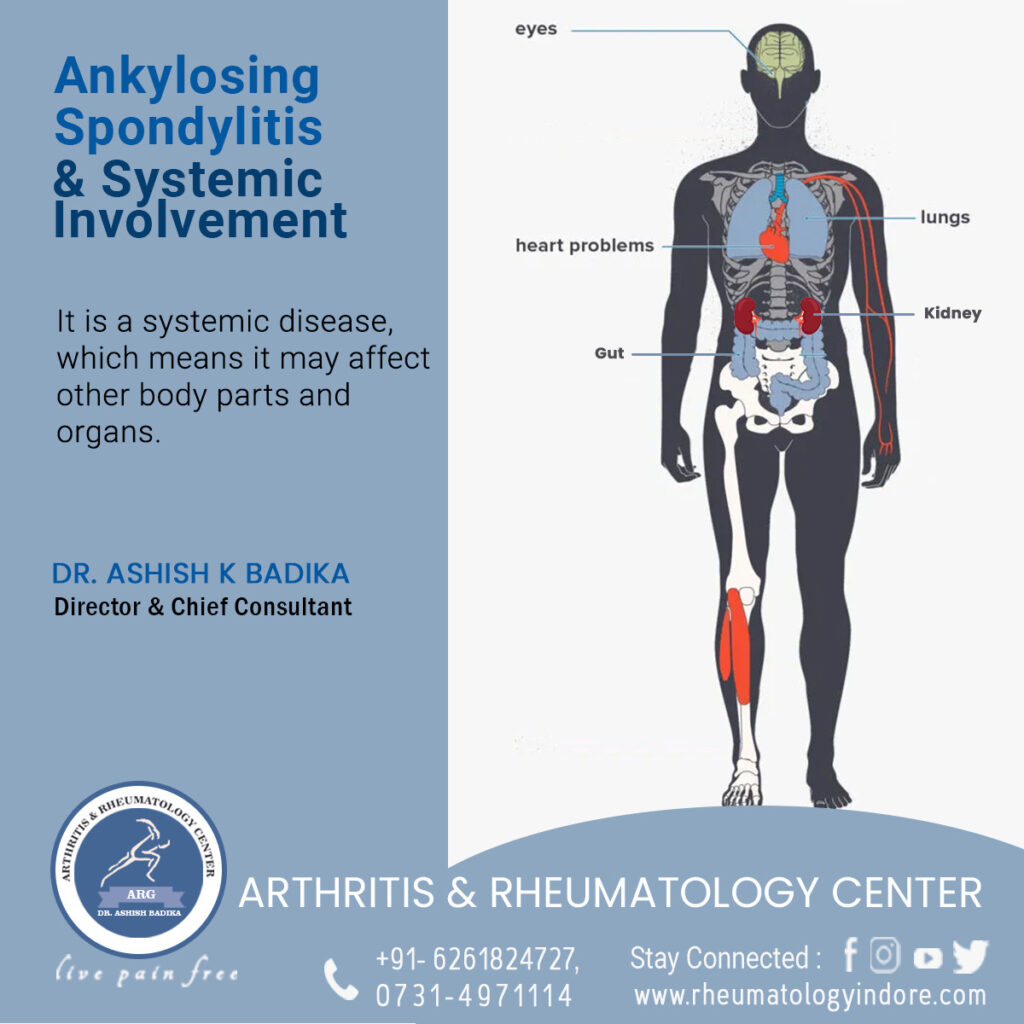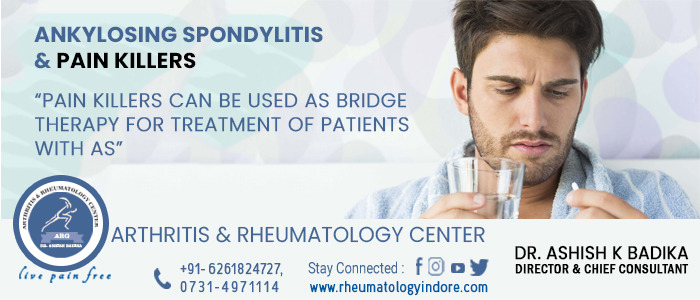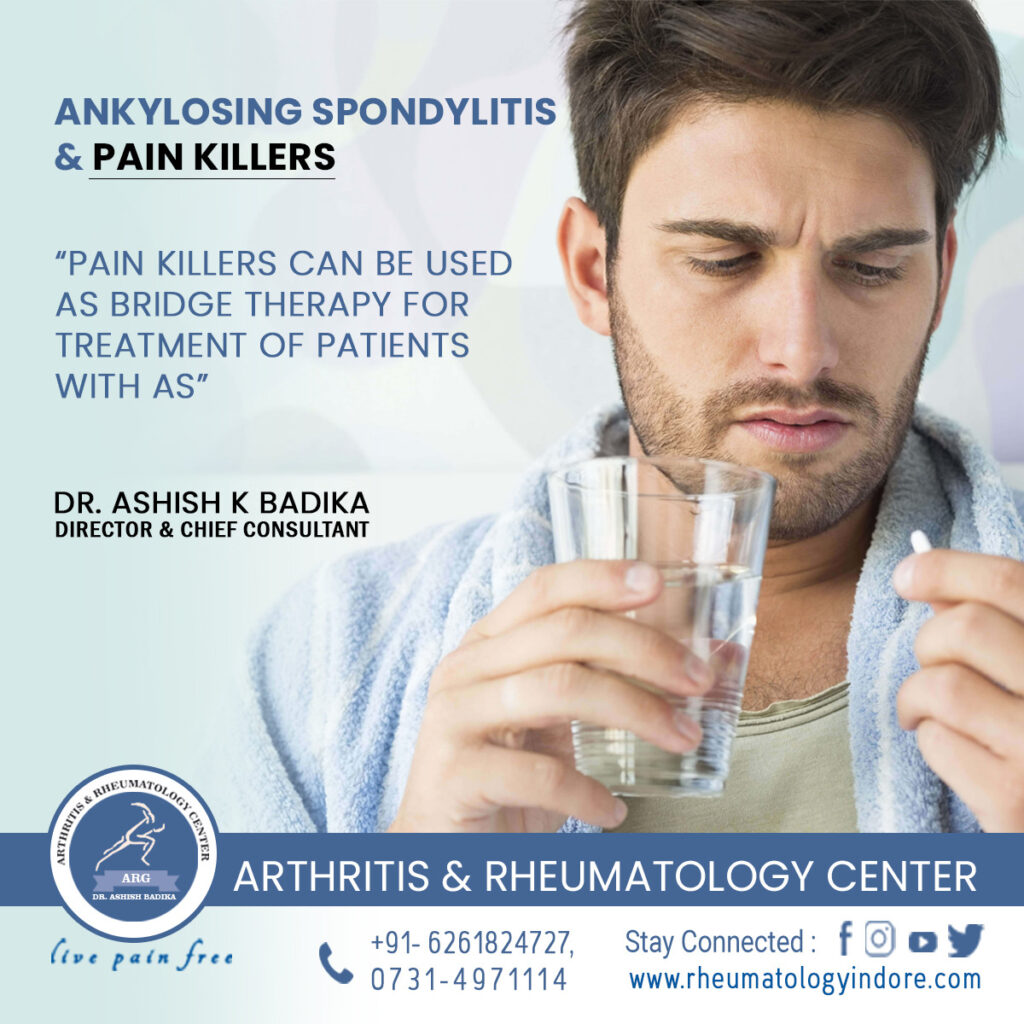एक पीढ़ी पहले, रूमेटाइड अर्थराइटिस (गठिया ) दर्द अक्सर विकृत जोड़ों और अत्यधिक अक्षमता को प्रेरित करता था। हालांकि, अक्षमता का खतरा काफी कम हो सकता है जब रोग की शुरुआत में प्रतिरक्षा प्रणाली को संशोधित करने वाली दवाएं शुरू हो जाती हैं।

रूमेटाइड अर्थराइटिस (गठिया ) का प्रारंभिक पहचान | Early Diagnosis of Rheumatoid Arthritis (RA)
जब जोड़ों में दर्द और सूजन शुरू हो जाए तो डॉक्टर को दिखाएं। निरंतर वृद्धि उन परिवर्तनों को प्रेरित कर सकती है जो हड्डी, स्नायुबंधन और टेंडन को नुकसान पहुंचाते हैं। दवा इस हानिकारक प्रक्रिया को धीमा या रोक सकती है। प्रारंभिक उपचार की तीव्रता इस रोग को कम करने में सहायक होती है। सक्रिय बीमारी जितनी अधिक लंबी होती है, उतनी ही कम संभावना है कि यह उपचार के लिए बहुत तेजी से प्रतिक्रिया देगी।
उपचार योजना के लिए व्यायाम बहुत महत्वपूर्ण है। एक भौतिक चिकित्सक मांसपेशियों को मजबूत करने, व्यायाम की सीमा बढ़ाने और आपको संयुक्त विकृतियों से दूर रखने के लिए एक व्यायाम कार्यक्रम की योजना बना सकता है।








